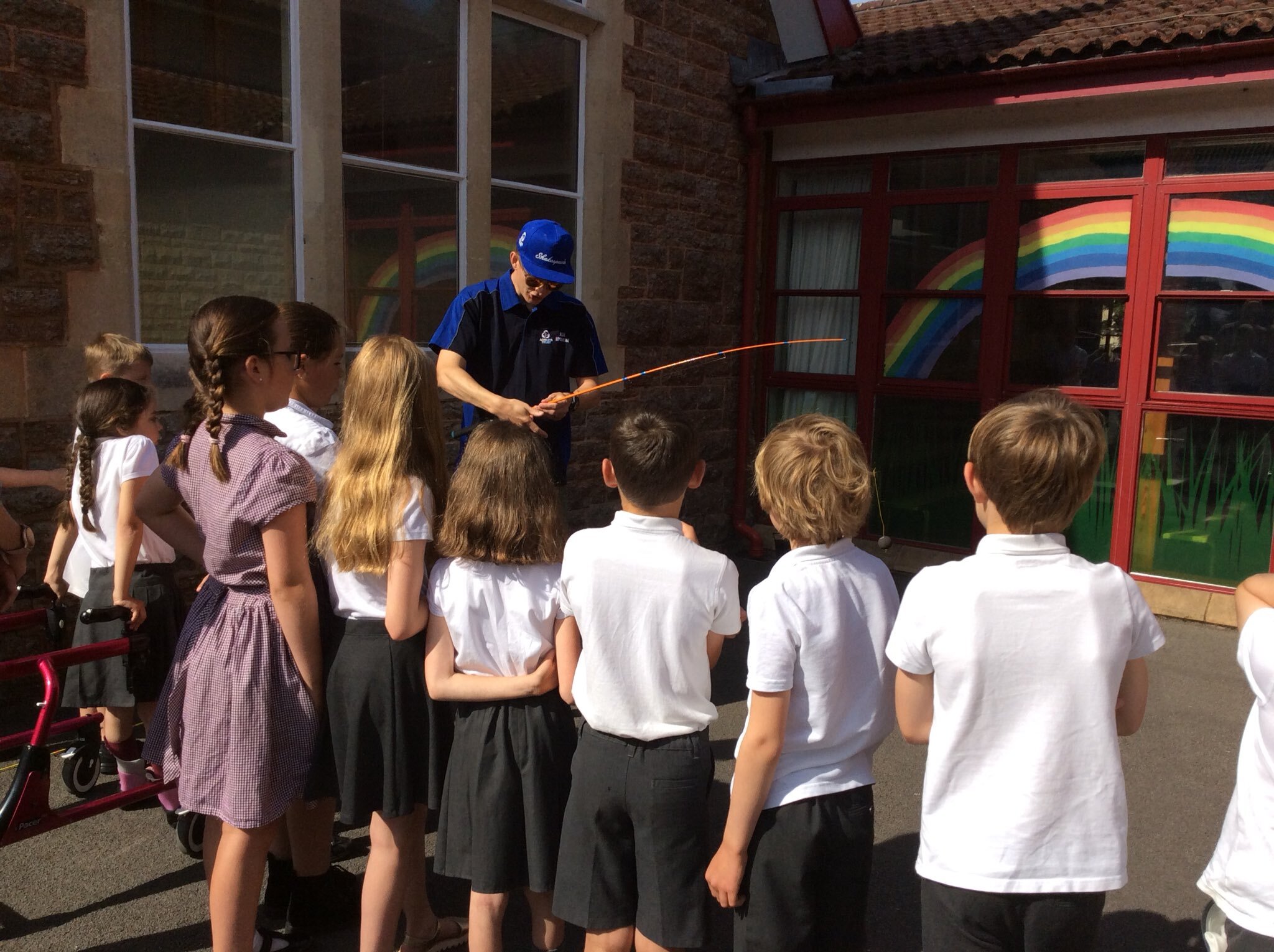
Lines On The Water
Angling on the school curriculum
‘Reel Education‘ is a project which takes angling into primary schools as part of the national curriculum. As a free resource, it’s been developed by the Angling Trust with support from Shakespeare Fishing Tackle and delivers the importance and value of our waterways and seas using angling as a primary driver.
But how does it work in practice and how do schools get involved? We spoke to the scheme’s Engagement Initiators, Chris Holden & Neil Wylie.
What is Reel Education all about?
“Reel Education is a project for primary schools. It’s been designed as a collaborative exercise with input from primary school teachers and angling coaches. It’s administered by the Angling Trust. The in-class activities are all fully aligned to the school curriculum but use angling as a mechanism within art, maths and science.
“The resources are linked to learnings around the environment and nature and within that, we try to inspire a bit of an interest in angling and the outdoors.”
How does it work?
“The initial contact usually comes from schools or local authorities who get in touch with us directly about having the project into a school. Local angling coaches can also offer the scheme with an approach to a school or local authority but as more people become aware, the direct contact from schools is growing.
“When a session is booked in, one of our regional officers will arrange for a coach to go to the school and deliver the practical side of the day with the games and activities schemed around angling and nature. We also send the academic resources to the teachers for use in-class. The practical activities are delivered by Level 2 Angling Trust coaches all of whom are obviously fully-enhanced DBS checked.”
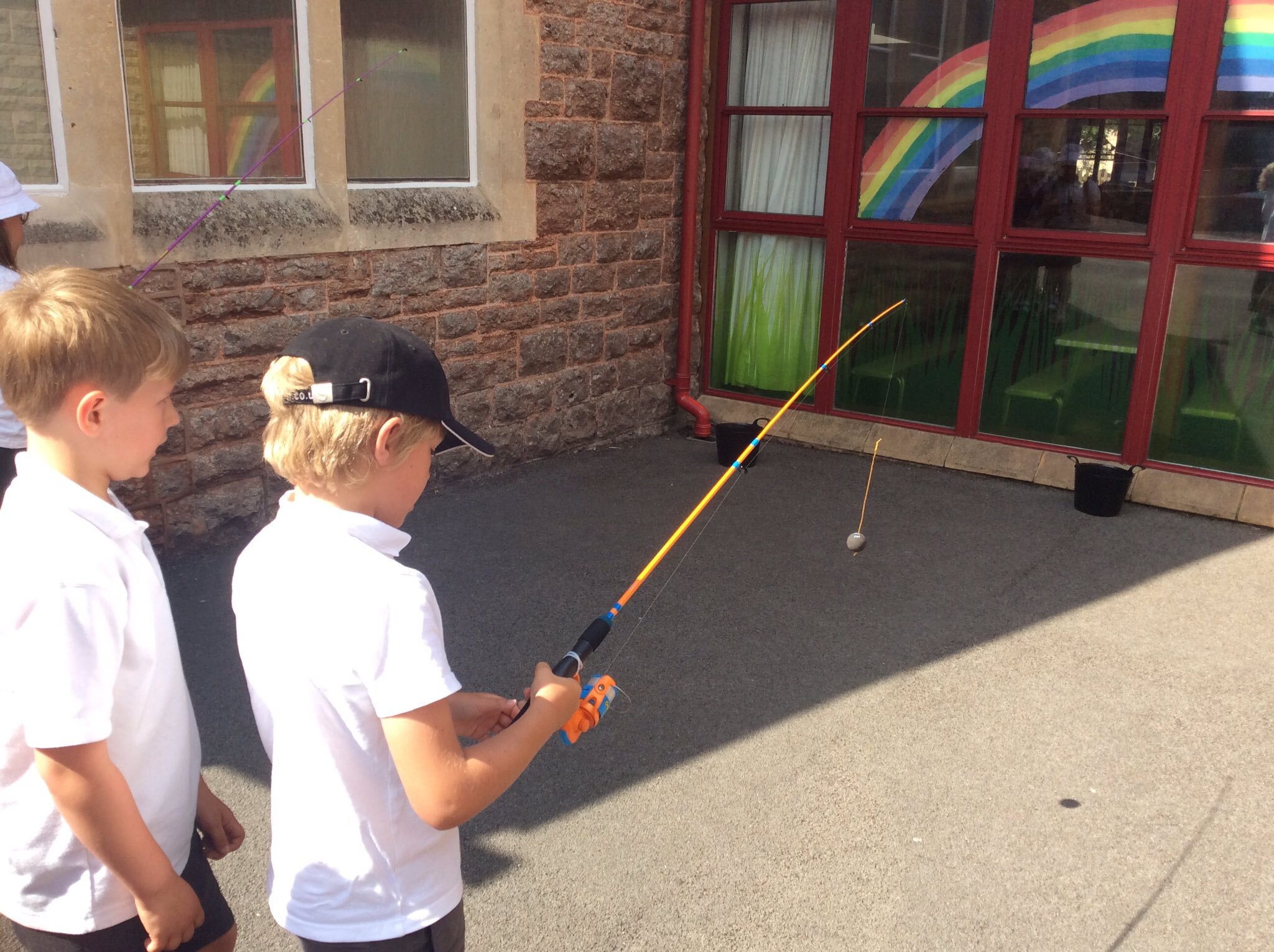
How is it funded?
“The costs are covered by the Trust and Shakespeare. Within that, the class work resource is created and supplied by us. Shakespeare have committed to three years of involvement and they provided all the initial set-up products that we needed such as seat boxes and general equipment for the coaches to deliver the practical stuff. There are also ‘fun’ items for the children such as hats and stickers.”
How much does it cost for schools to get involved?
“Nothing!
“It is completely free. There are no late add-ons and everything, including the cost of the coaches, is covered at source. There is absolutely nothing for schools to consider when it comes to cost. We can even offer multiple days to a school if numbers are too big for a single visit and there is still no cost to them.”
Are there real education benefits or is this just a fun day for the pupils?
“The academic materials we provide are completely in line with the national curriculum. They are created by teachers for teachers. We look at maths, art and science in the same way the pupils would for any other part of their learning, it’s just that our exercises are themed around angling, marine life and conservation. The idea is to support the curriculum and use it as a mechanism to encourage pupils into thinking in more depth about Britain’s rivers, lakes and seas. It’s important to say that the material isn’t directly angling related; instead it gives a wider insight into food chains, habitat and nature and is set up to make them think more about the environment and being outside.”
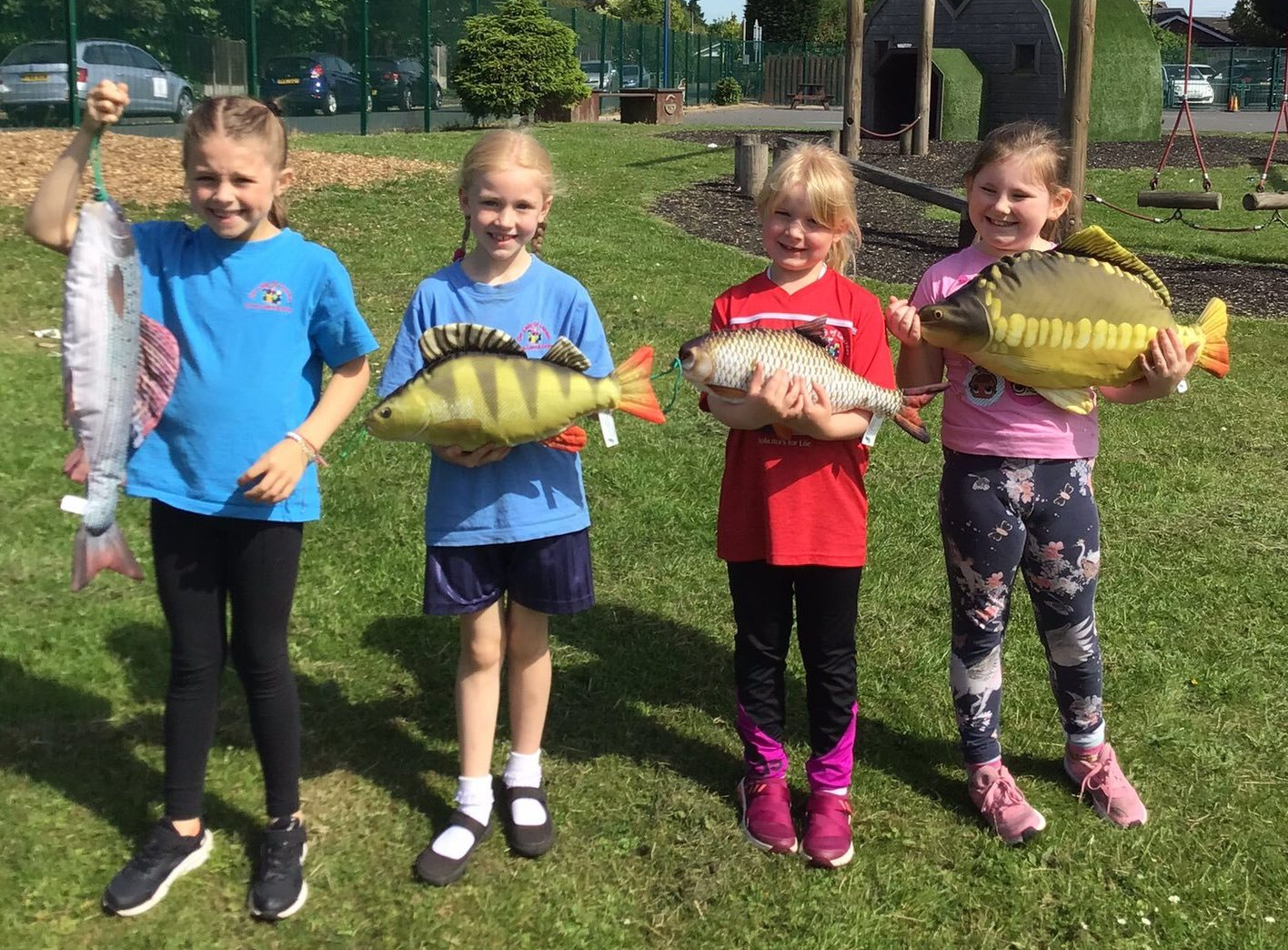
Are you doing anything differently this year to last year?
“We’ve been working with the environmental arm of the Angling Trust and are always looking to develop new resource that can offer relevant information through any given year. We also want to make sure we can adapt it for secondary schools as part of extended tutor times so we’re working on that too.
“We’ve been delighted with the reaction so far and we’re always developing the offering but there’s a very real drive to focus on the environment because it’s something more and more young people are really concerned about.
“Also, it’s fair to say that people don’t realise the important part that anglers can play in the conservation of our rivers lakes and seas. We’re obviously aware that the environment is a hot topic so there’s a part of our thinking that ensures we build awareness into the programme about the good work being done by many groups. That obviously includes how anglers, as a significant group of active users, are effectively ‘eyes on the water’.”
How does fishing help pupils to learn?
“We work really hard to ensure that Reel Education isn’t just seen as a project which takes pupils fishing. It’s important people recognise that and also that it’s all linked directly into the school and the curriculum. We’re certainly extolling the virtues of angling as a secondary benefit but primarily we’re raising awareness of all the aspects we’ve already spoken of; environment, habitats and general nature. The act of taking pupils fishing within that may well be something we can develop and we can obviously provide contact details for clubs and coaches should the schools wish it. But we’re currently applying practical exercises that are classroom-based and link directly into the general curriculum.”
Is it just a one-day course?
“It can be, but it doesn’t have to be. We have resources to ensure we can make multiple visits to a school if they’re so big that we couldn’t possibly interact with all the pupils in one day. In the past, we’ve been to the same school four or five days on the trot to make sure everyone gets their chance.
“As the next step on from that – and as part of an extended exercise – we actually managed to put on a one-off Reel Education fishing match in Manchester and each school sent a few representatives. We had a really successful day. It was very well received by teachers and parents alike and showed that people seem to see the benefit of the project. It was a competitive event but specifically created to be a very friendly environment in the open air. Hopefully, after the success of this first one, we can roll the idea out on a wider scale in the future.”
What are the benefits for pupils?
“We’ve had plenty of positive feedback and, in truth, we’ve also had some constructive criticism which we’ve acted on. The pupils themselves are regularly sending us cards and notes to say how much they enjoyed it.
“It’s also interesting that in every school we’ve been to, 60 to 70% of the pupils have expressed an active interest in wanting to go fishing. In many ways, that’s an important part of the whole exercise because we all know children these days have electronic devices that they can become fixated with, so this is an opportunity to show something and talk about a wider subject that’s a bit different. When it comes to the fishing, it’s sometimes very difficult for a parent to take a child out fishing if they have no previous experience so that’s something we want to address. We can show them routes into the sport via clubs and groups and help them get into the open air.”
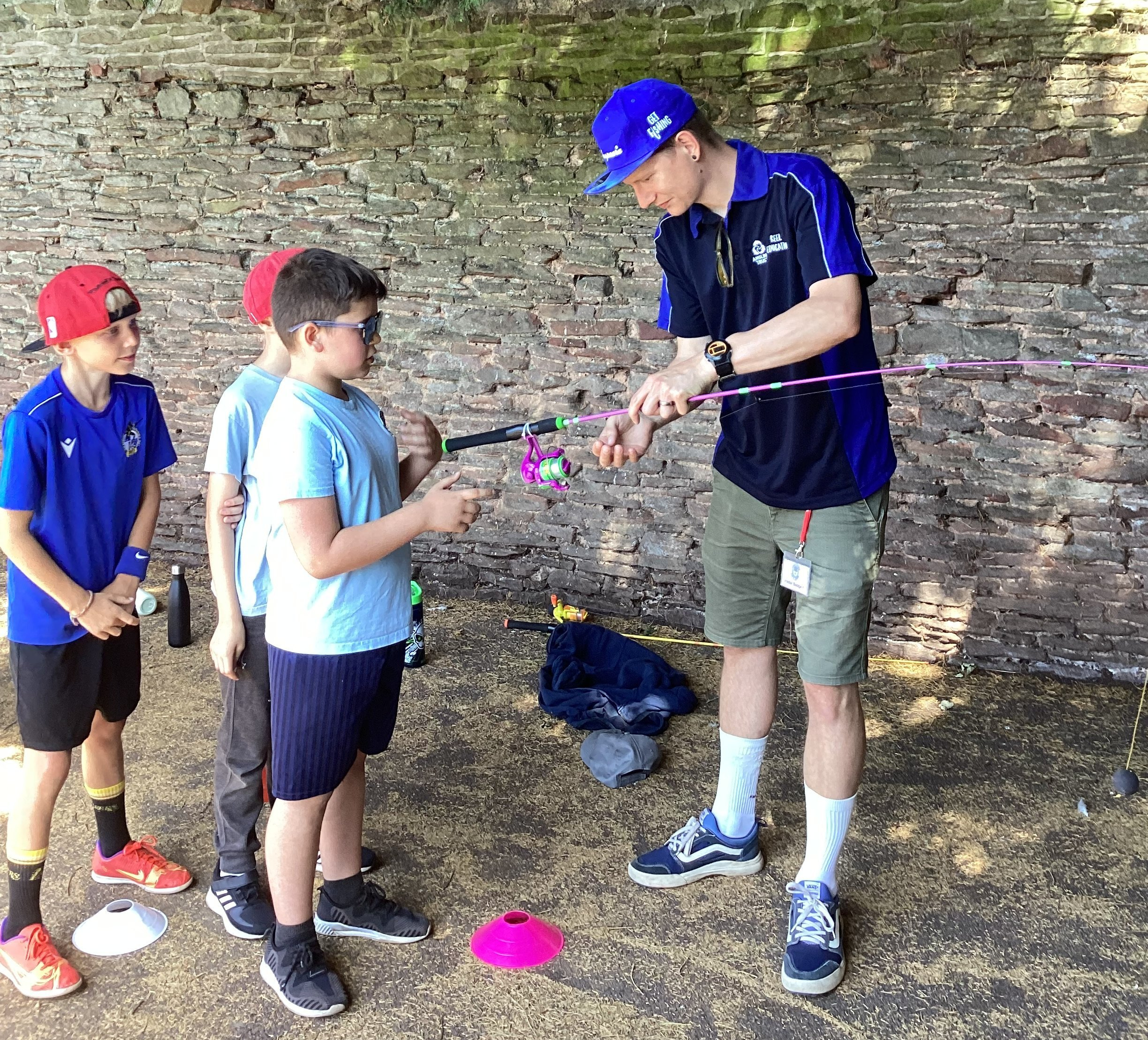
How does a school register an interest or discuss options?
“Anyone interested can go onto the Angling Trust website and find us on the ‘Get Involved’ page or simply search for ‘Reel Education’ on the internet. You’ll find us in a prominent position on your search engine. We’re on ‘X’ (formerly Twitter) at @reeleducationuk and you can see examples of the project on there. Through those routes, there are ways to get in touch to learn more.”
“We’re also happy to answer any direct questions if you want to contact us without obligation. You can do that via our email addresses.”
North – chris.holden@anglingtrust.net
South – neil.wylie@anglingtrust.net
You might also like

WORLD CHAMPS GOLD FIRMLY IN THE SIGHTS OF ENGLAND…

We Fish as One supports Pride Month 2025

Sunglasses giant backs Angling Trust

Join in with the Check, Clean, Dry campaign this…

From TikTok to the classroom – Orchard School follows…
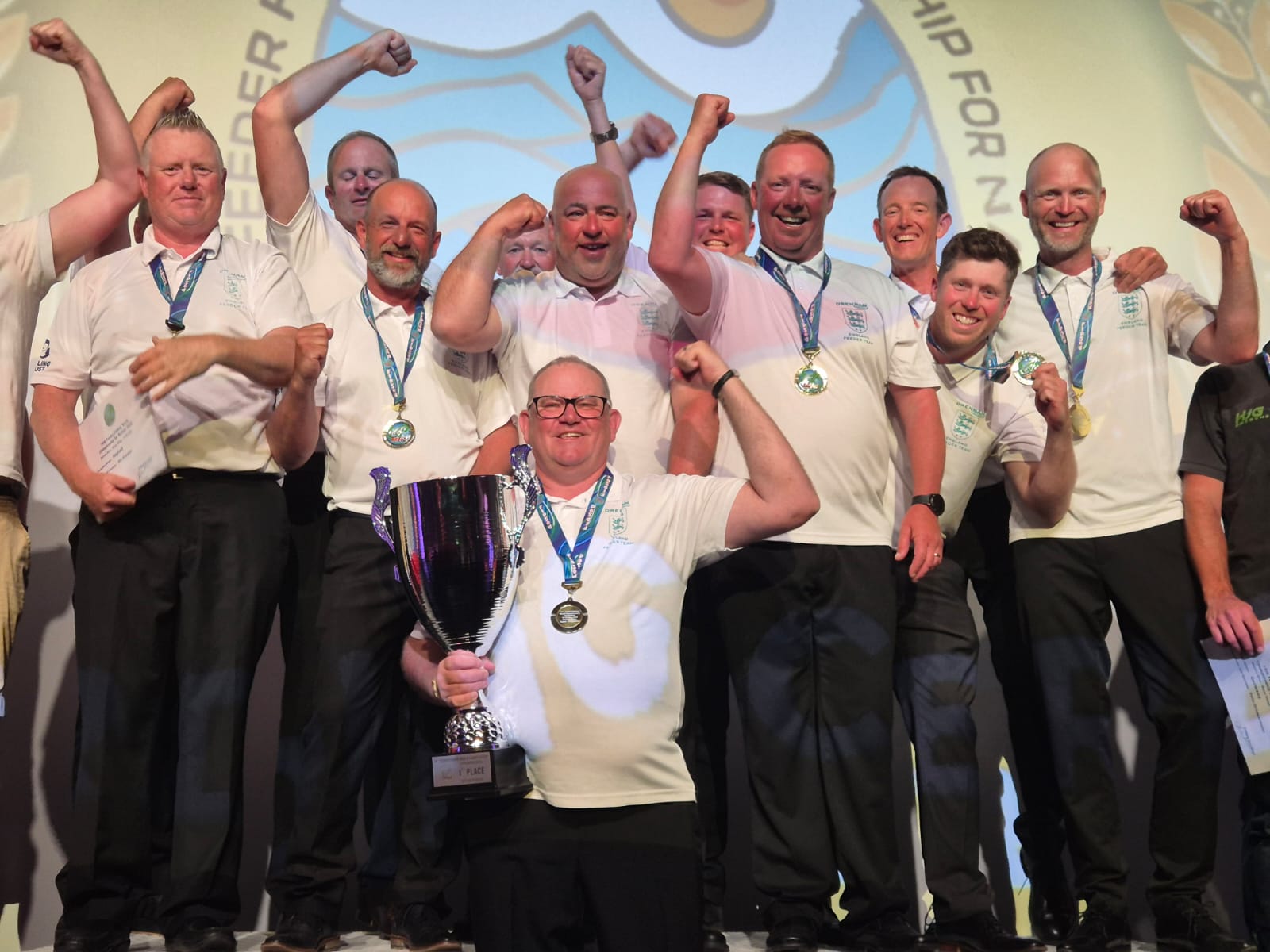
DRENNAN ENGLAND FEEDER TEAM WIN WORLD CHAMPS!

Family fishing at Aston Park Fisheries where have a…
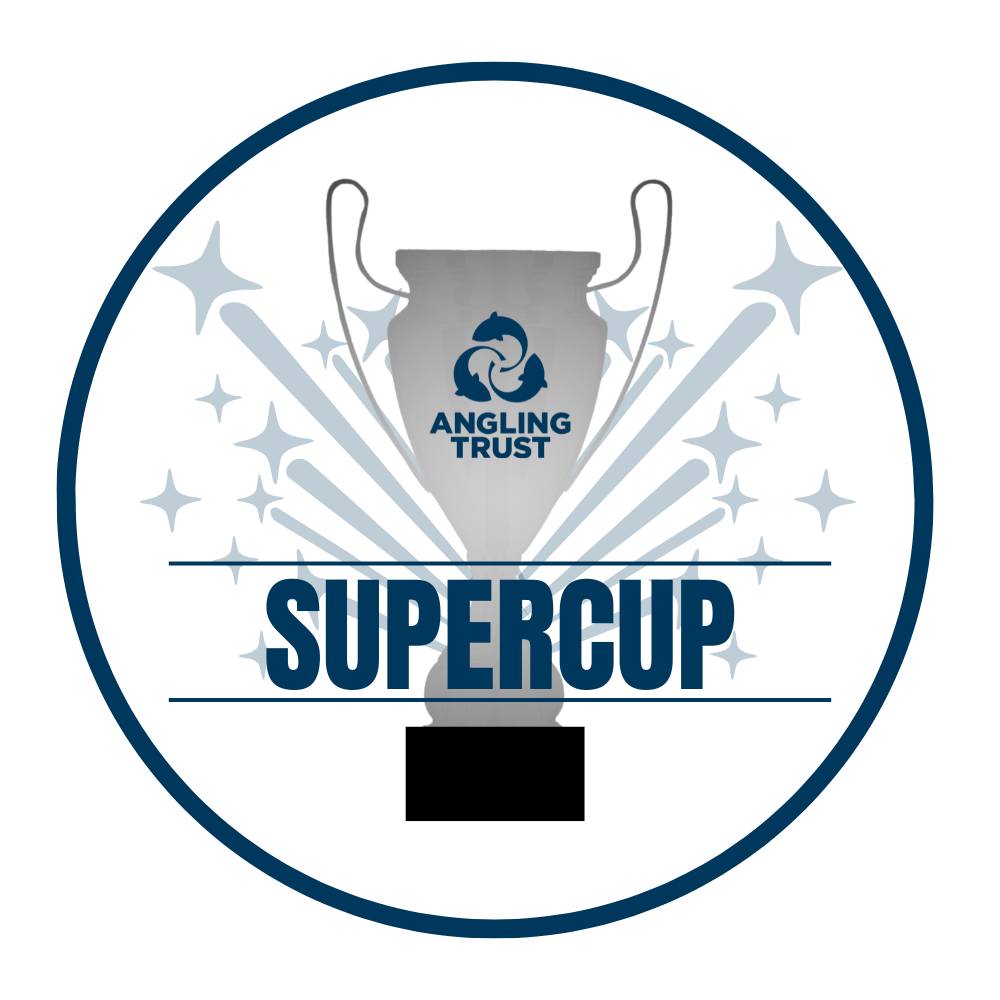
FOURTEEN SIDES ALREADY THROUGH TO SUPERCUP ROUND 2!
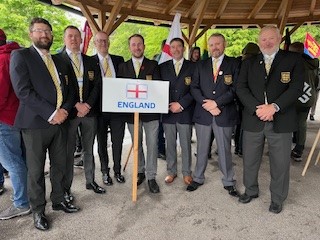
SIXTH FOR ENGLAND AT FLY WORLD CHAMPS

Much needed new European Management Plan for Cormorants moves…
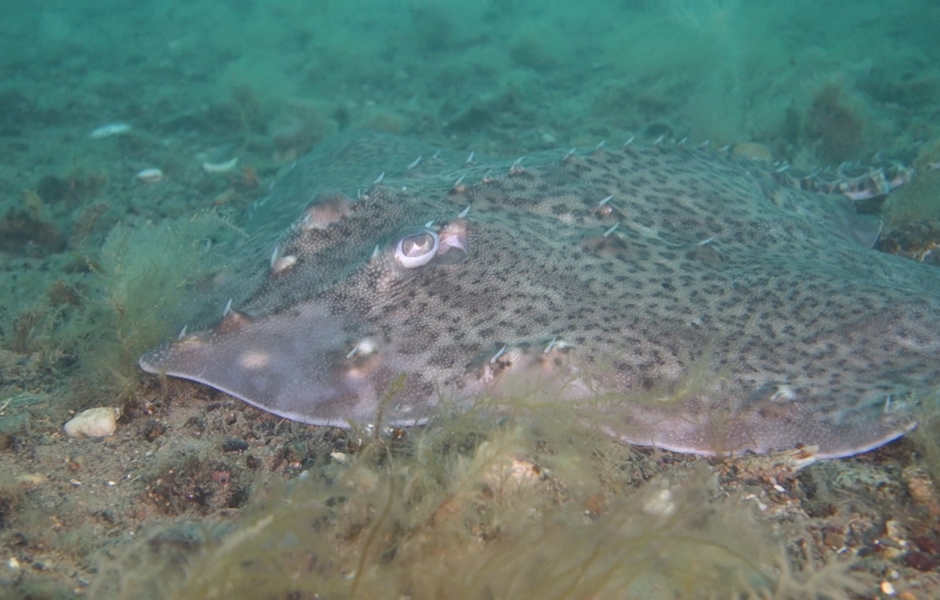
A Turning Tide: Why Ending Bottom Trawling in MPAs…
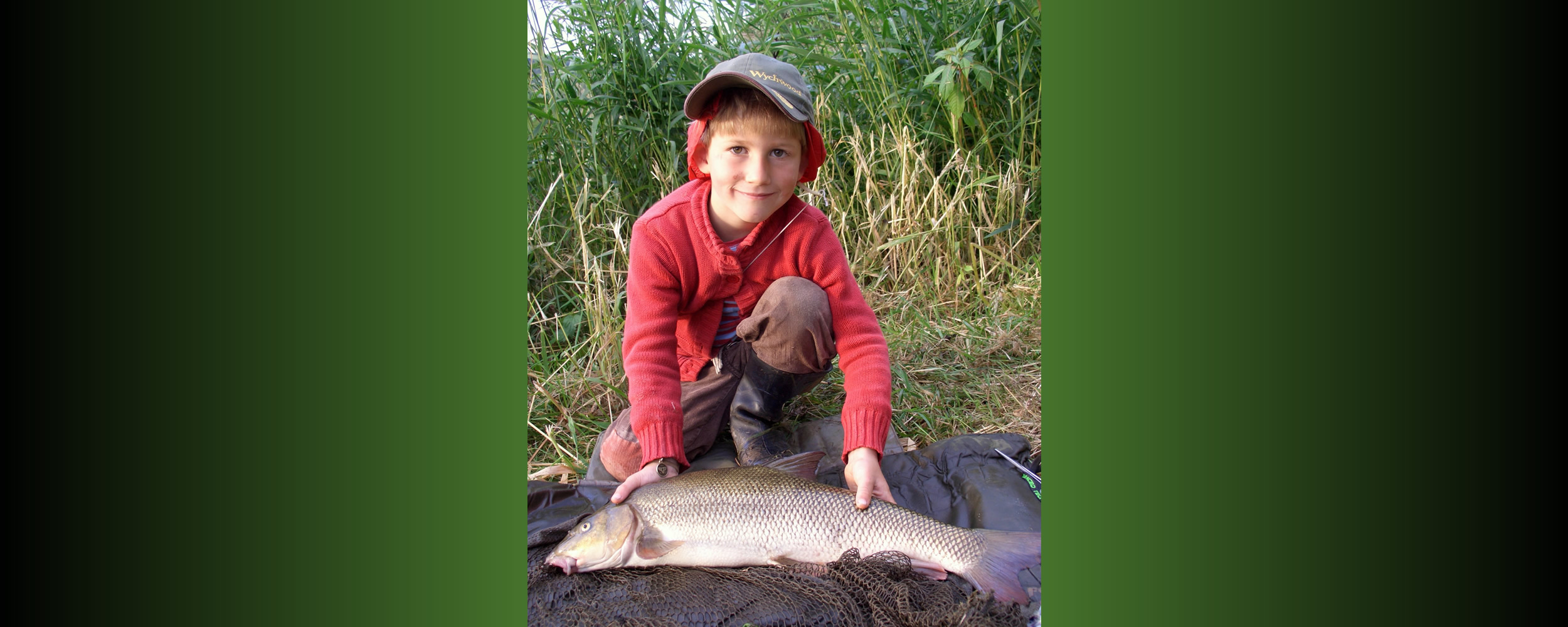
How to start river fishing – beginner’s guide for…

WORLD CHAMPS GOLD FIRMLY IN THE SIGHTS OF ENGLAND…

We Fish as One supports Pride Month 2025

Sunglasses giant backs Angling Trust

Join in with the Check, Clean, Dry campaign this…

From TikTok to the classroom – Orchard School follows…

DRENNAN ENGLAND FEEDER TEAM WIN WORLD CHAMPS!

Family fishing at Aston Park Fisheries where have a…

FOURTEEN SIDES ALREADY THROUGH TO SUPERCUP ROUND 2!

SIXTH FOR ENGLAND AT FLY WORLD CHAMPS

Much needed new European Management Plan for Cormorants moves…

A Turning Tide: Why Ending Bottom Trawling in MPAs…

How to start river fishing – beginner’s guide for…

WORLD CHAMPS GOLD FIRMLY IN THE SIGHTS OF ENGLAND…

We Fish as One supports Pride Month 2025

Sunglasses giant backs Angling Trust

Join in with the Check, Clean, Dry campaign this…

From TikTok to the classroom – Orchard School follows…

DRENNAN ENGLAND FEEDER TEAM WIN WORLD CHAMPS!

Family fishing at Aston Park Fisheries where have a…

FOURTEEN SIDES ALREADY THROUGH TO SUPERCUP ROUND 2!

SIXTH FOR ENGLAND AT FLY WORLD CHAMPS

Much needed new European Management Plan for Cormorants moves…

A Turning Tide: Why Ending Bottom Trawling in MPAs…









